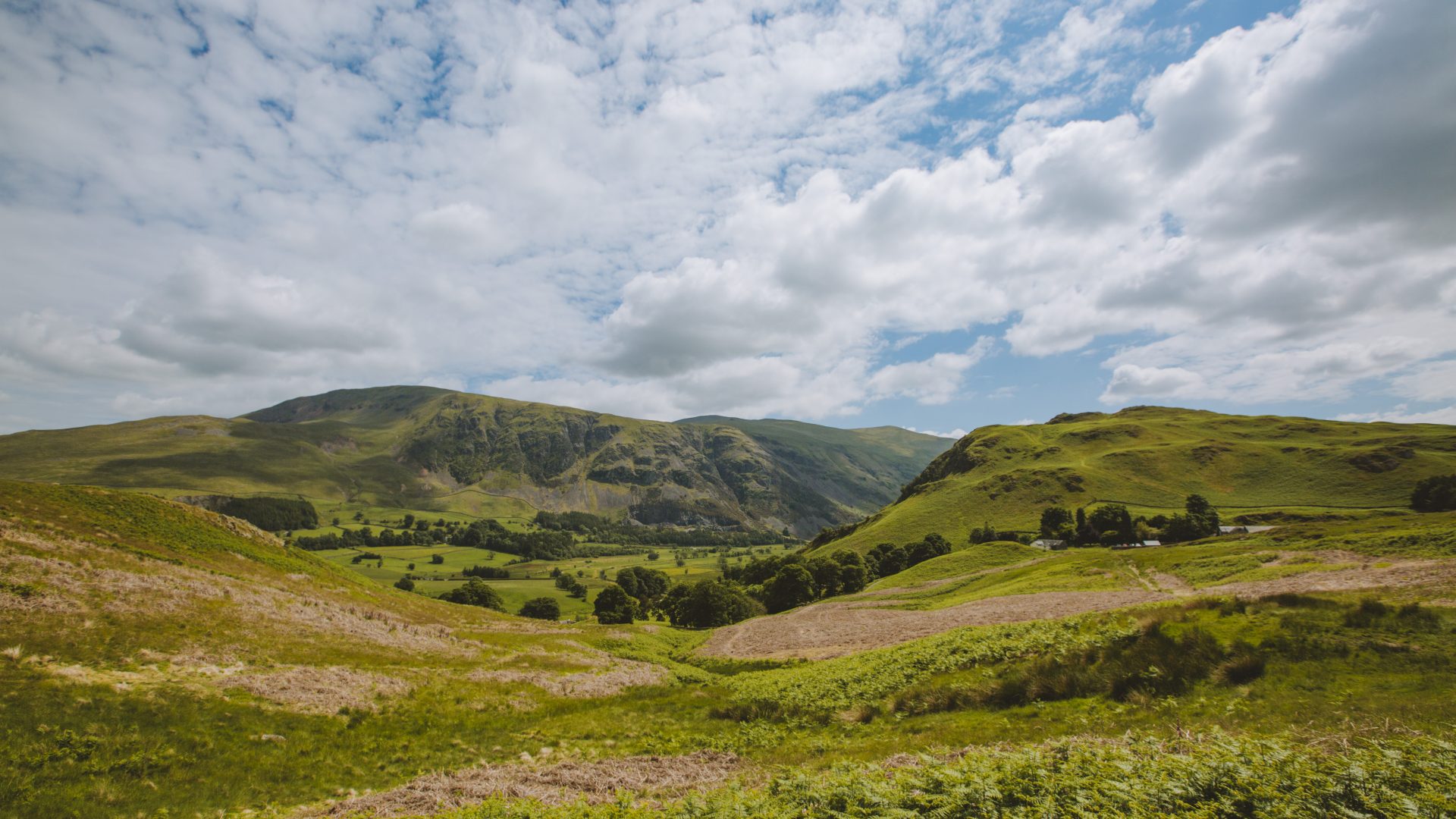Last night, the A66 TransPennine upgrade was given the go ahead by the Secretary of State for Transport despite significant damage to the Lake District National Park and the Pennines National Landscape (AONB). The new dual carriageway will harm the landscape and tranquillity of the North Pennines, damage the peat bogs of internationally protected wildlife sites and significantly increase carbon emissions. It will also bring more day trip car traffic into the Lake District, damaging the World Heritage Site status and working against the Lake District National Park Authority’s stated aim to reduce visitor car journeys, in the process damaging the Lake District’s landscape.
To add insult to injury this comes after we fought hard and secured changes in the Levelling Up and Regeneration Act, 2023, which came into force in December. The new law means that bodies such as National Highways and the Secretary of State must “seek to further” the purposes of National Parks and Landscapes. This is much stronger than previous legislation and means that any development or decision that affects National Parks and Landscapes must include measures which don’t just mitigate harm, but actually make the environment of the protected landscapes better.
Along with Friends of the Lake District, we’ve long opposed the plans for dualling the A66 and wrote to the Secretary of State highlighting the need for National Highways to reconsider their plans in light of the changes to legislation. In our view, the Secretary of State’s decision side-steps the important and pro-active requirements of the new law, wrongly pointing to the absence of Defra guidance, when the duties are in force now.
Rather than seeking to further the enhancement of wildlife and natural beauty as the law now requires, the Secretary of State’s decision has allowed a development that will smash through some of our most precious habitats and landscapes.
We are in a climate and nature emergency, every decision taken that affects our National Parks should be in the best interests of the species and communities they were created to protect. This maddening decision demonstrates a continued attack on our most precious spaces.

